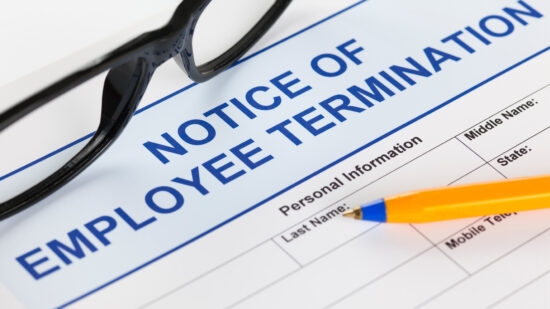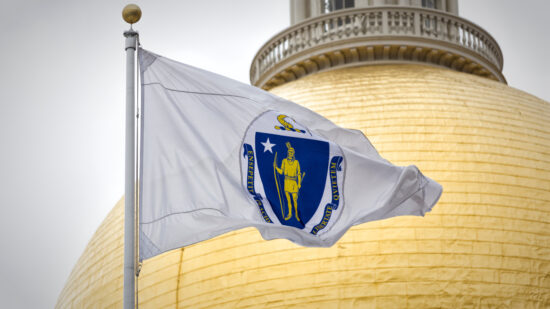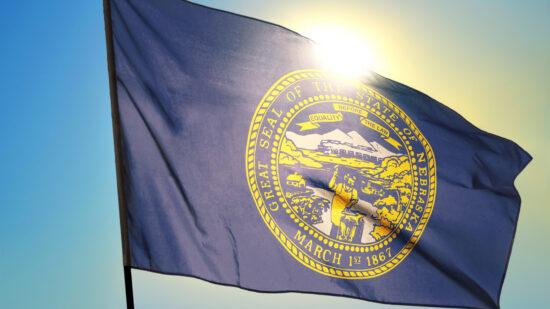Nebraska lawmakers passed Legislative Bill 258 (LB258), approved by Governor Jim Pillen on February 9, 2026, which amends the Nebraska Wage and Hour Act, to adjust future minimum wage increase…
Featured Posts
Subscribe to Labor and Employment Law Insights
The Latest

Fair is Foul: Inside the EEOC’s Sweeping Subpoena in the Nike DEI Pattern or Practice Discrimination Investigation—and What Employers Should Know
This is not the macabre tale of Macbeth. It is the new legal reality. The EEOC’s sweeping subpoena to Nike signals a dramatic change in EEOC enforcement posture toward Diversity…
Employers nationwide have a new kind of employee in the workplace: the GPT employee. These employees are empowered by the latest and greatest version of free and publicly available generative…

Expansion of Illinois Right to Privacy in the Workplace Act Clarifies Obligations Regarding Mismatch Letters During Verification of Employment Eligibility
On December 12, 2025, Illinois Governor Pritzker signed into law SB 2339 (“Amendment” or “SB 2339”), which amends the Right to Privacy in the Workplace Act. The law increases protections…
On January 22, 2026, the Equal Employment Opportunity Commission (“EEOC”) held an open public meeting pursuant to the Sunshine Act to discuss and vote on the rescission of the 2024…
Eva Perón’s farewell song from “Evita” comes to mind as the Office of Federal Contract Compliance Programs (OFCCP or Agency) loses its authority and prepares to take its final bow.

The Internet Is Not an HR Department – Observations from the Viral Cinnabon Firing for Employers
A frontline service worker at a Cinnabon was recently terminated after a video circulated showing her hurling a racist epithet at a Somali couple. The footage spread quickly with millions…

State Pay Disclosure Compliance Update: Massachusetts Requires Disclosure of Pay Ranges Beginning October 29, 2025
Beginning on October 29, 2025, covered employers in Massachusetts are required to disclose the minimum and maximum amount of compensation that an employer reasonably and in good faith expects to…

8th Circuit Denies Petition to Rehear Anti-Union Meeting Ban – November 6, 2025
In 2023, Minnesota enacted the “Employer-Sponsored Meetings of Communications Act” (the “Act”), Minn. Stat. § 181.531. The Act prohibits employers from taking adverse employment action against any employee who refuses…

October’s Layoff Surge: Legal Essentials for Employers Navigating RIFs
Earlier this month, our team published an in-depth article for federal contractors on navigating WARN Act compliance amid government shutdowns and federal contract cancellations. Since then, we’ve been closely monitoring…
About Labor & Employment Law Insights
Our industry teams collaborate across practice areas to deliver in-depth solutions to the most complex business challenges. We bring together the best legal minds and reach beyond law to include experienced industry professionals. This approach gives our clients a greater perspective and ensures forward-thinking results.




